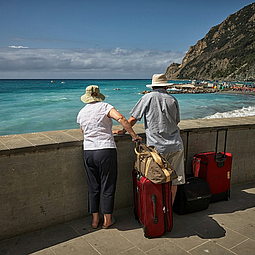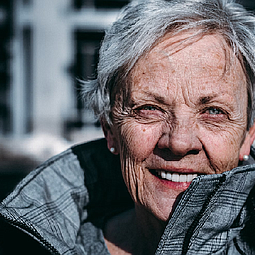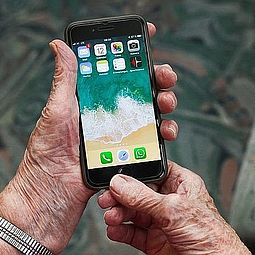Rethinking today's medicine...are doctors ready?
May 22, 2014 at 8:47 p.m.
Spontaneous remissions of incurable illness, near-death experiences, and dramatic healings from integrative methods: Mike Denney has seen it all. Making sense of it has been his life's mission.
"There are events that occur that are not measurable or explainable by ordinary science," Denney says. The retired surgeon got his start in Detroit, before settling in California in 1969. Maybe settling is not the best choice of words, since Denney's extraordinary career spans the globe, not to mention many decades.
Early on, Denney discovered his "magnificent obsession" to become a doctor and "protect people from death." He recalls his very first case as a medical student, an unordinary one, when he was assigned to a patient who happened to have a spontaneous remission of incurable cancer. His professors and hospital staff couldn't explain it.
Like all med students, Denney had been taught the parameters of scientific observation and evaluation, and the objectivity of the patient/doctor relationship without intimacy. He describes feeling "forced to maintain a rigorous scientific attitude in his whole way of thinking, down to the core of his very being." Even while recognizing these protocols as beneficial to gathering the necessary facts to make proper diagnosis and treatment, he couldn't help feeling something important was missing.
In his book, Nobody's Boy, An Old Doctor and a New Science, Denney identifies that missing something when he recounts a breakthrough moment he relayed to a therapist. "One way or another I am going to find a way to stay connected with the deepest part of myself; to include the spiritual aspects of healing as an integral and essential part of my work as a doctor."
Like many pioneers, Denney has experienced that discovery usually requires upending accepted norms. "The prophets of old," once wrote Mary Baker Eddy, "looked for something higher than the systems and practices of their times." Denney has been looking for ways to advance healing practices that bump up against standard convention. When speaking of the promising results of alternative and complementary medicine, he suggests, "If we open our minds, we might consider the possibility that our empirical scientific method is inadequate to measure these anomalous but potentially healing modalities."
"The human body is something more than anatomy and physiology; its bones, tissues, and blood can behave beyond the concepts of solid, liquid, or gas," Denney writes in his book. One can assume convictions like this led him to his next career, teaching at the California Institute of Integral Studies and later at Pacifica Graduate Institute after earning his PhD in depth psychology and specializing in mind/body medicine.
Part of his course work has emphasized, "that one of the most prevalent and biased issues in modern culture is scientism, the belief that mathematics and science are the exclusive paths to knowledge about the material and practical world, including modern medicine and the healing arts."
To that end, Denney looks forward to attending the international Society for Scientific Exploration later this year to continue the dialog and to foster professional inquiry into the union of science and spirituality in health care. He sees its development as a group project, but wonders if physicians and scientists are ready for this innovative approach.
It's fitting that Denney, who enjoys the aesthetic beauty of the question mark, lives to answer the curiosities of healing. His big one right now: "What can we do? What meeting could we have? What conference could we have for us to get serious about really bringing science up to the 21st century?"






